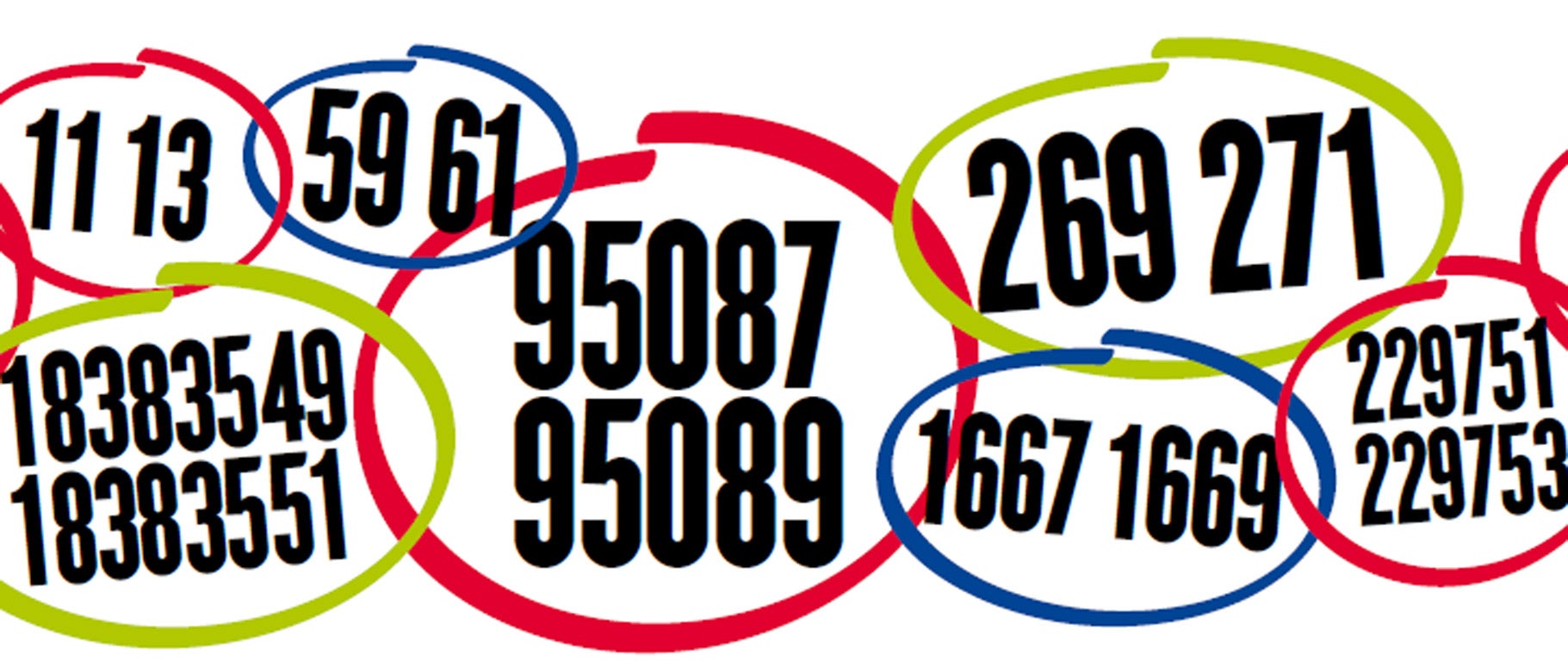That figures: Professor who had to work at Subway dazzles world of maths after solving centuries-old prime number riddle
Virtually unknown mathematician Dr Yitang "Tom" Zhang to publish 'landmark' paper on theorem

A university professor who was forced to work at Subway when he couldn't find a job as an academic has solved a prime number riddle that has puzzled the best mathematical brains for centuries.
Dr Yitang Zhang was enjoying the summer holiday in a friend's back garden in Colorado last year when it suddenly occurred to him that he could make a major breakthrough in the field of analytic number theory.
Prime numbers - which are only divisible by one and themselves - often come in pairs that differ by two. Five and seven, for instance, or 11 and 13. They're known as twin primes.
As numbers get larger, it becomes harder to find prime numbers. But for hundreds of years, mathematicians have believed there are an infinite number of these pairs - known as the twin prime conjecture.
While Dr Zhang could not prove that there are an infinite number of twin primes, he has found that there are an infinite number of prime pairs separated by less than 70 million. It may sound like a colossal gap, but he has essentially wrestled that figure down from infinity.
The discovery is all the more remarkable given that Dr Zhang - known as 'Tom' to his students at the University of New Hampshire - was a virtual unknown in the academic world until last month.
He sent his paper to the esteemed Annals of Mathematics journal where it received a glowing peer report and will soon be published following some "minor changes".
"He wasn't a big name, and I get the impression that he wasn't one of the leading analytical number theorists," said Richard Taylor, a respected mathematician and a member of the journal's editorial board. "He's published hardly anything, and it's a steady stream of papers which tends to get you jobs. Maybe he likes to think about the big problems - and you don't solve those very often." It was clear, however, that Dr Zhang had made a "big leap forward".
Dr Zhang had been working on the problem for several years before his eureka moment. but he was incredibly modest about his achievement. "The 70 million figure could be reduced, but I'm not sure by how much," he said. "I was trying to publish the paper [as quickly as possible] so this part - the 70 million - is very rough and there are certain ways to improve it. But I may not do it myself, I may turn my interest to some other problems."
Before finding a job as a professor, he worked at a sandwich chain. "It wasn't bad," he said. "But whenever I was doing it I was thinking about maths."
In the autumn, he'll be giving lectures at Princeton and Harvard, though he can rely on his wife will keep his feet firmly on the ground. She's "not in maths" and "didn't understand" the hullaballoo around what he's doing, he said.
In his spare time, Dr Zhang likes to read Shakespeare (Hamlet and Romeo and Juliet are his favourites, though "everything's good"), but you suspect he won't get time to rest in the near future. In fact, he's already started work on his next project.
Join our commenting forum
Join thought-provoking conversations, follow other Independent readers and see their replies
Comments
Bookmark popover
Removed from bookmarks